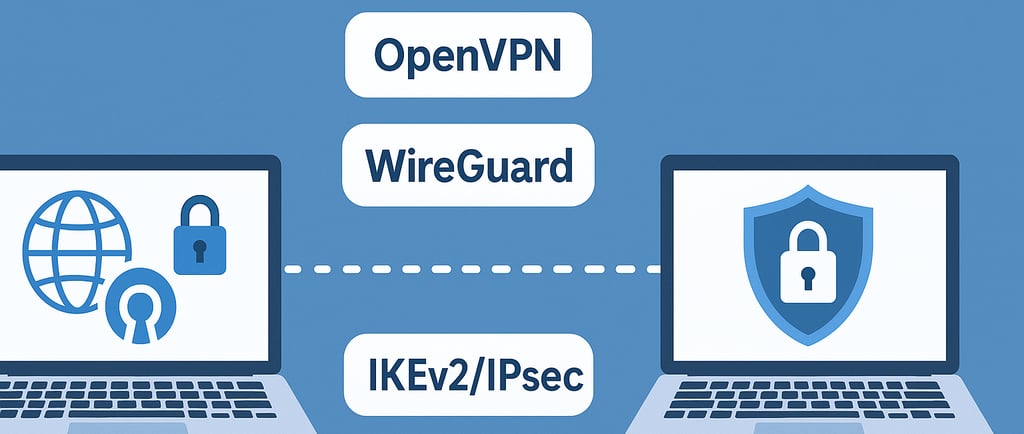Understanding Encryption in VPNs
VPN


When people talk about VPNs, one of the most common words you’ll hear is encryption. It’s the cornerstone of what makes VPNs secure and effective. But for many users, encryption feels like a confusing, overly technical subject. What does it actually mean? How does it work? And why is it so important for your privacy?
This guide breaks down VPN encryption in plain language so you can understand why it matters and how it protects your online life.
What Is Encryption?
At its simplest, encryption is the process of turning readable information into scrambled code. When data is encrypted, it becomes unreadable to anyone who doesn’t have the key to unlock it.
Think of it like sending a message in a locked box. Only the person with the right key can open it. If a hacker, ISP, or government agency intercepts your encrypted data, all they see is meaningless strings of characters.
How VPN Encryption Works
When you connect to a VPN, your internet traffic goes through an encrypted tunnel between your device and the VPN server. Here’s the step-by-step process:
Encryption Begins – Your data is scrambled before leaving your device.
Data Travels Through the Tunnel – Hackers, ISPs, or snoopers who intercept it can’t make sense of it.
Decryption on the Server Side – The VPN server decrypts your data and forwards it to the website or service you’re visiting.
Return Trip – The same process happens in reverse when data comes back to you.
This ensures that even if someone is spying on the network, your information stays private.
Types of VPN Encryption
VPNs use different encryption methods, each with its own strengths:
1. AES (Advanced Encryption Standard)
The most widely used standard in VPNs today.
Often used with 256-bit keys, making it practically unbreakable.
Trusted by governments, banks, and security professionals worldwide.
2. RSA Encryption
Often used for exchanging encryption keys between your device and the server.
Relies on very large key sizes (2048 or 4096 bits) for security.
3. ChaCha20
A newer encryption method known for being lightweight and fast.
Often paired with WireGuard VPN protocol, offering great speed and strong security.
Symmetric vs. Asymmetric Encryption
Symmetric Encryption: The same key is used to lock (encrypt) and unlock (decrypt) the data.
Asymmetric Encryption: Two keys are used—one public, one private. The public key encrypts data, and the private key decrypts it.
VPNs often combine both: asymmetric encryption to securely share keys, and symmetric encryption to efficiently secure the actual data stream.
Why Encryption Matters in VPNs
Protects Your Personal Data – Without encryption, your usernames, passwords, banking details, and browsing habits are vulnerable to interception.
Stops ISP Monitoring – ISPs can’t track which websites you visit or throttle your connection based on activity.
Keeps You Safe on Public Wi-Fi – Hackers lurking on hotel or café Wi-Fi can’t steal your information if it’s encrypted.
Enables Censorship Bypass – In countries with heavy surveillance, encryption prevents governments from easily seeing what you’re doing online.
Common Misconceptions About Encryption
“Encryption makes me invisible.”
Encryption protects your data, but it doesn’t make you 100% anonymous. Websites can still track you with cookies, and your VPN provider can potentially see your traffic if they don’t have a strict no-logs policy.“All VPNs use the same encryption.”
Not true. Free or low-quality VPNs may use outdated or weak encryption, leaving you exposed. Always check what standards your VPN provider uses.“Strong encryption means slow internet.”
While encryption does add some overhead, modern protocols like WireGuard are designed to balance security with speed.
Final Thoughts
Encryption is the foundation of VPN security. It scrambles your data, hides your online activity, and keeps you safe from hackers, ISPs, and surveillance. While the technical details can get complex, the takeaway is simple: without strong encryption, a VPN isn’t worth using.
When choosing a VPN, always look for providers that use AES-256 encryption, offer modern protocols like WireGuard, and back it up with a strict no-logs policy.